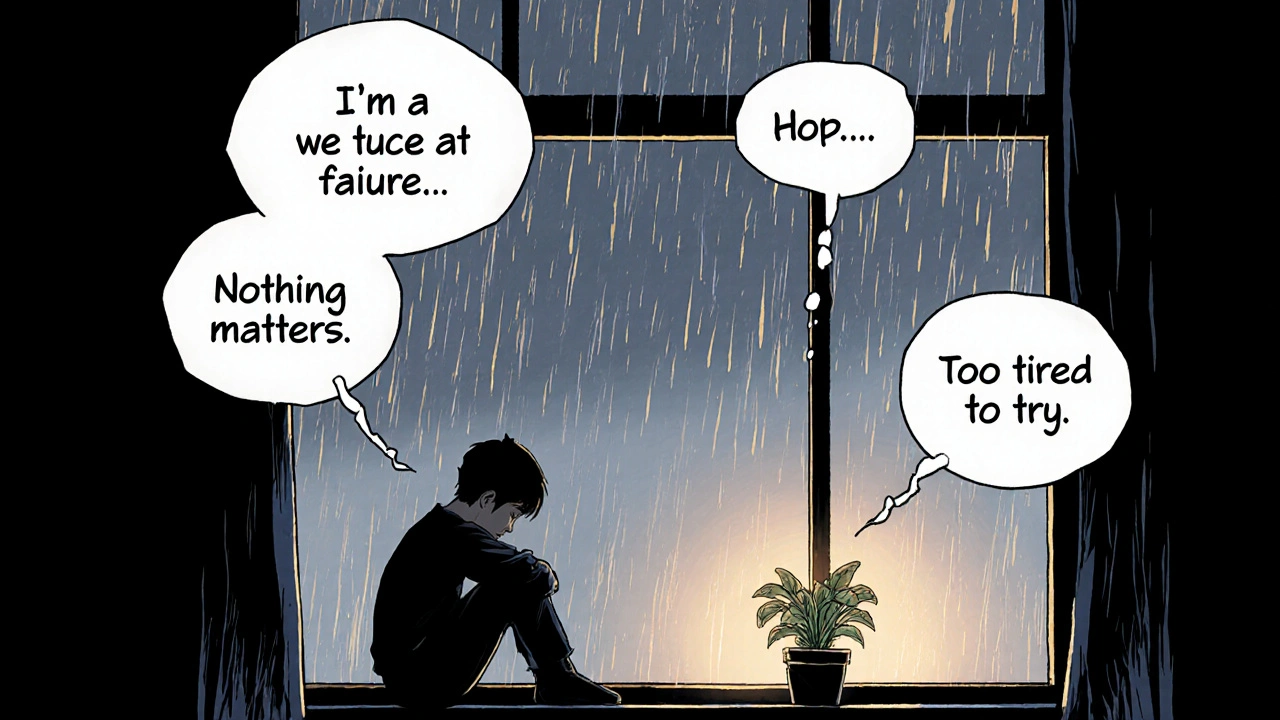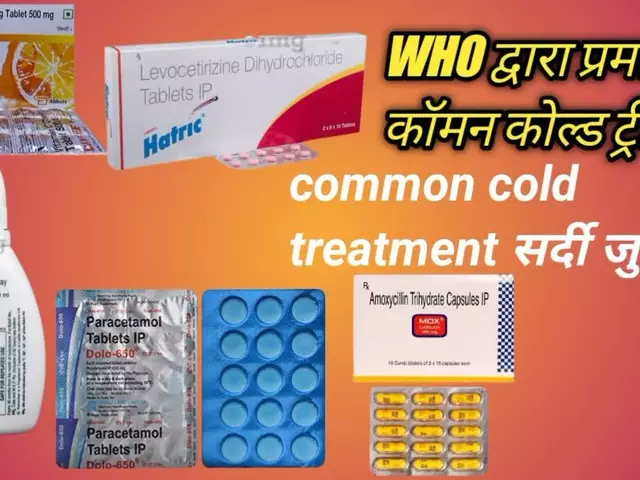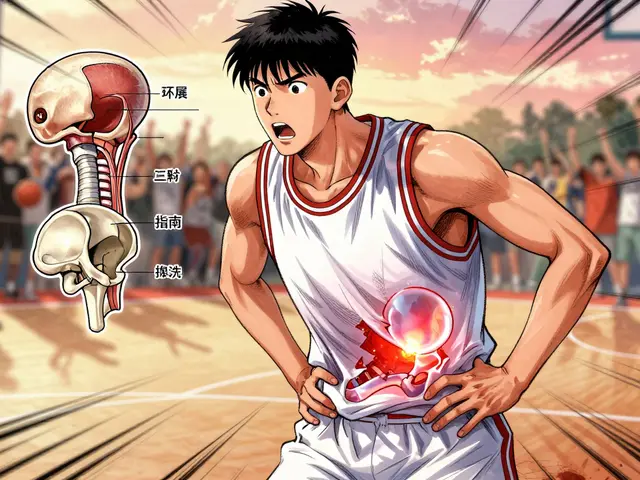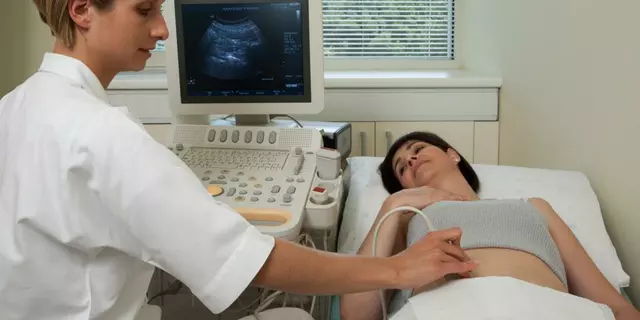Major Depressive Disorder: Treatments, Medications, and What Actually Works
When someone has major depressive disorder, a serious mental health condition marked by persistent sadness, loss of interest, and physical symptoms that last weeks or longer. Also known as clinical depression, it’s not just feeling down—it’s a medical issue that changes how your brain works and how you live your life. Unlike temporary sadness, this isn’t something you can just ‘snap out of.’ People with it often struggle to get out of bed, lose weight or eat too much, feel worthless, or even think about ending their life. It doesn’t care if you’re successful, young, or have a great support system. It shows up anyway.
That’s why antidepressants, prescription medications designed to balance brain chemicals linked to mood are so common. Drugs like SSRIs (sertraline, fluoxetine) and SNRIs (venlafaxine) help many, but not everyone. Some people try St. John’s Wort, an herbal supplement sometimes used for mild depression—but it can interfere with birth control, blood thinners, and even HIV meds. One wrong combo can be dangerous. And while generics like generic medications cut costs dramatically, they’re just as effective as brand names—no need to overpay.
But meds aren’t the whole story. People with major depressive disorder often need therapy, lifestyle changes, or both. Some find relief through movement, sleep fixes, or even meditation. Others need to adjust their diet or stop drinking alcohol. And if one drug doesn’t work, it doesn’t mean you’re broken—it just means you haven’t found the right one yet. That’s why doctors often try different options, sometimes combining them or adding other treatments like therapy or brain stimulation.
What you’ll find below isn’t theory. It’s real-world advice from people who’ve been there. You’ll read about how St. John’s Wort can backfire, why generic drugs save lives without breaking the bank, and what alternatives exist when standard antidepressants fail. There are guides on what to avoid during pregnancy, how to spot fake pills, and how to navigate drug laws when traveling. These aren’t just articles—they’re tools for survival.

Major Depressive Disorder: Antidepressants and Psychotherapy Options Explained
Major Depressive Disorder is treatable with antidepressants, psychotherapy, or both. Learn how SSRIs, CBT, and combination therapy work, what to expect, and how to choose the right path for you.
Detail




